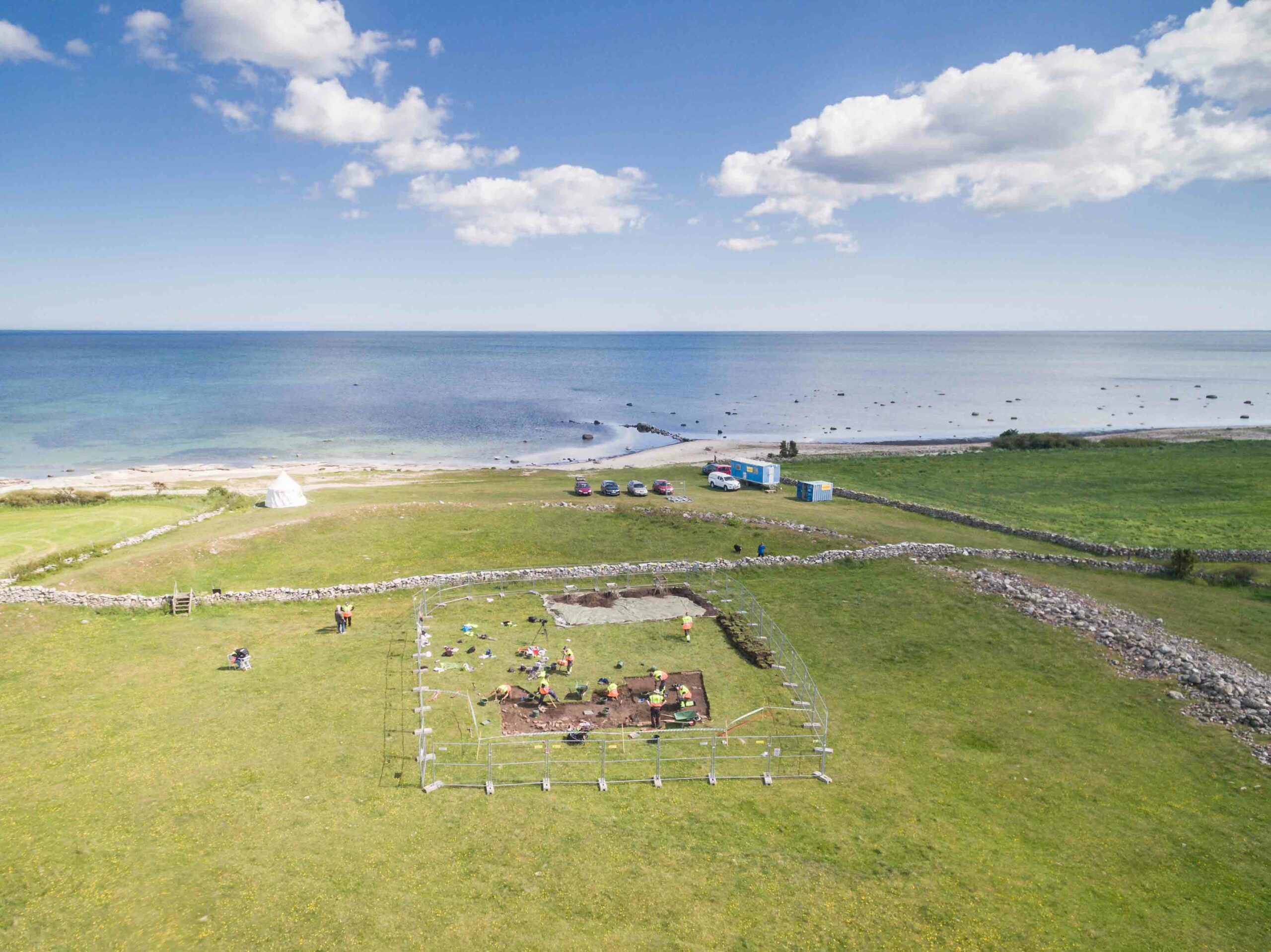STANFORD, CALIFORNIA—A team of researchers, including Fernando L. Mendez, G. David Poznik, and Carlos D. Bustamante of Stanford University, and Sergi Castellano of the Max Planck Institute for Evolutionary Anthropology, have examined DNA on the Y-chromosome of a Neanderthal male for the first time. According to a report in Science, DNA from this Neanderthal Y-chromosome, obtained from an individual who lived some 49,000 years ago at El Sidrón, Spain, was not passed on to modern humans when the two species interbred. (Modern Asians and Europeans have inherited one to three percent of their DNA from Neanderthals, but not on their Y-chromosomes.) The researchers found that the El Sidrón male had mutations in three immune genes that may have made it difficult for Neanderthal males to produce healthy male offspring with modern human females. To read more about what scientists are learning from Neanderthal DNA, go to "Neanderthal Genome Decoded."
Scientists Examine Neanderthal Y-Chromosome
News April 7, 2016
Recommended Articles
Digs & Discoveries September/October 2021
Neanderthal Hearing
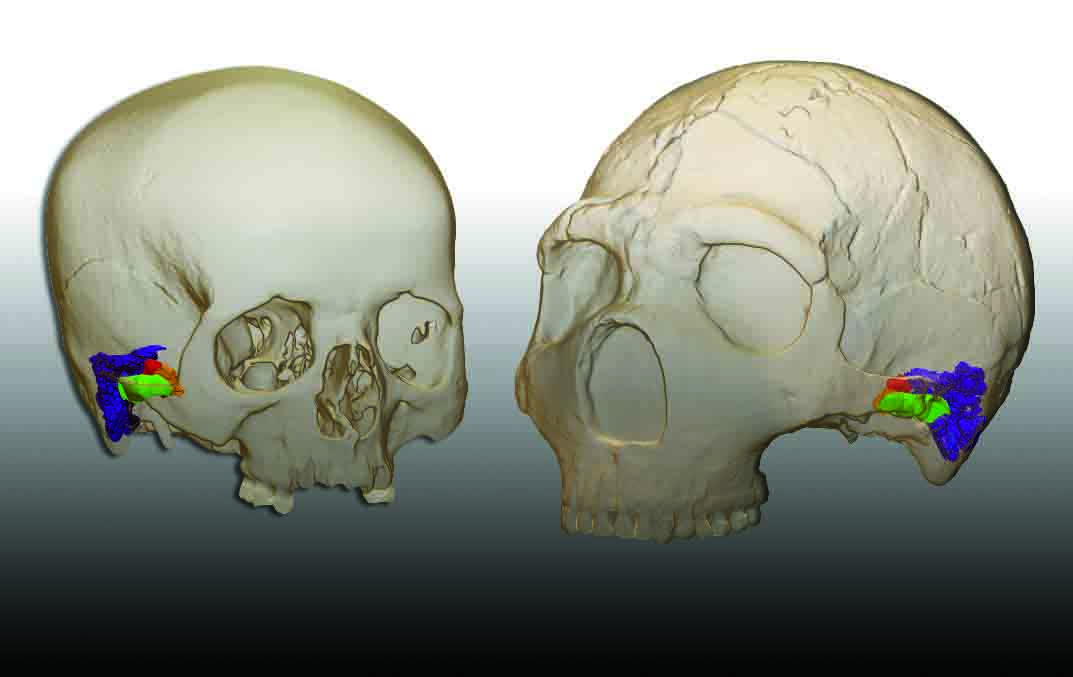
Top 10 Discoveries of the Decade January/February 2021
Neanderthal Genome
Vindija Cave, Croatia, 2010
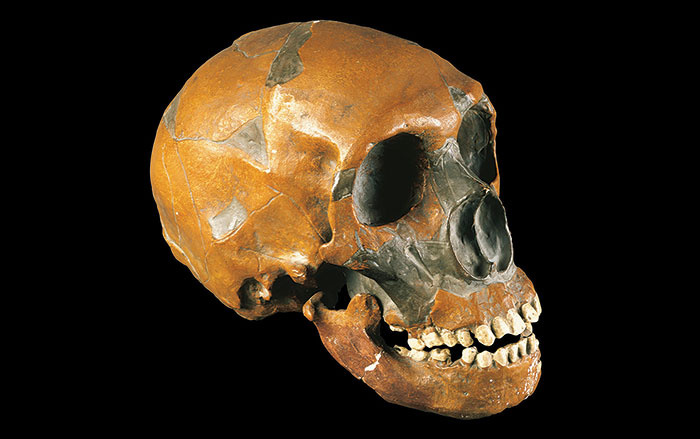
Digs & Discoveries November/December 2020
Painful Past
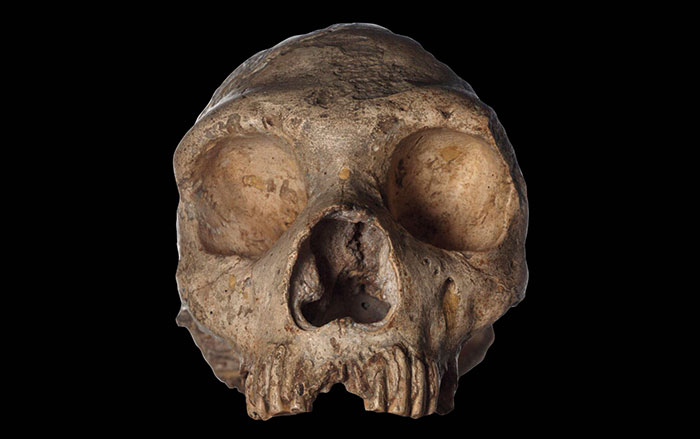
Digs & Discoveries July/August 2020
Twisted Neanderthal Tech
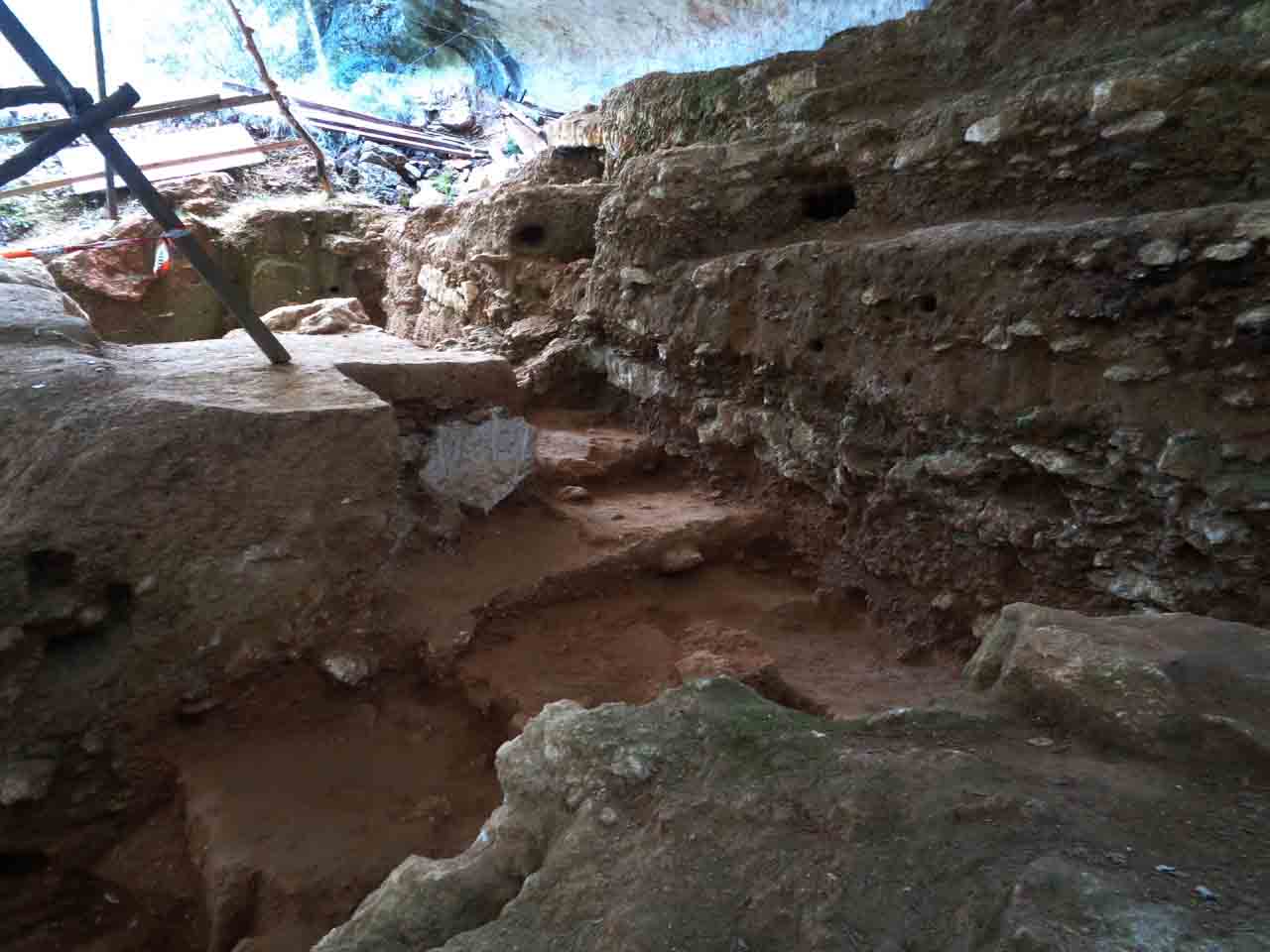
-
Features March/April 2016
France’s Roman Heritage
Magnificent wall paintings discovered in present-day Arles speak to a previously unknown history
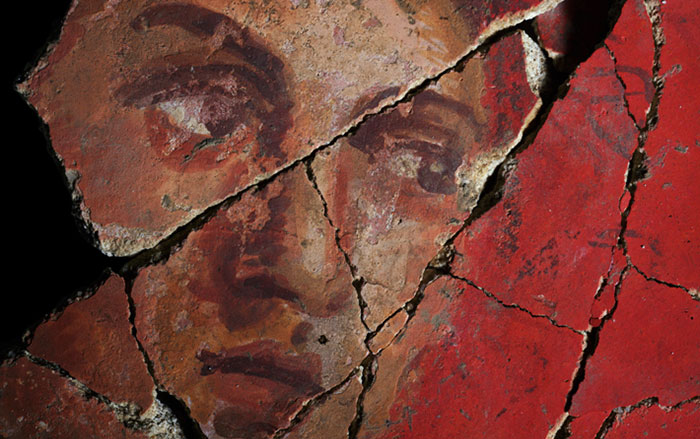 (Copyright Remi Benali INRAP, musée départemental Arles antique)
(Copyright Remi Benali INRAP, musée départemental Arles antique) -
Features March/April 2016
Recovering Hidden Texts
At the world’s oldest monastery, new technology is making long-lost manuscripts available to anyone with an Internet connection
 (Copyright St. Catherine's Monastery)
(Copyright St. Catherine's Monastery) -
Letter from Guatemala March/April 2016
Maya Metropolis
Beneath Guatemala’s modern capital lies the record of the rise and fall of an ancient city
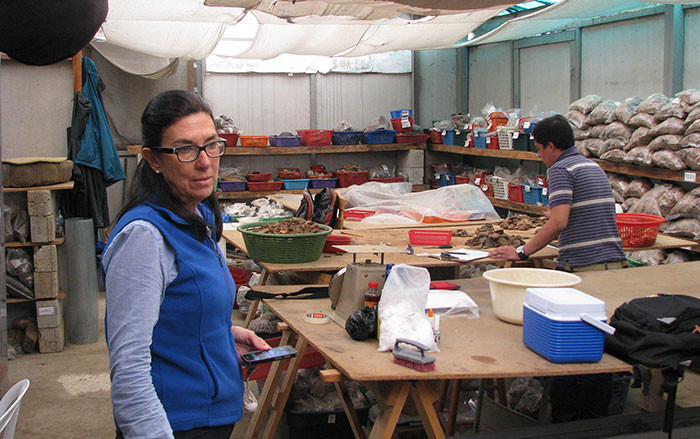 (Roger Atwood)
(Roger Atwood) -
Artifacts March/April 2016
Egyptian Ostracon
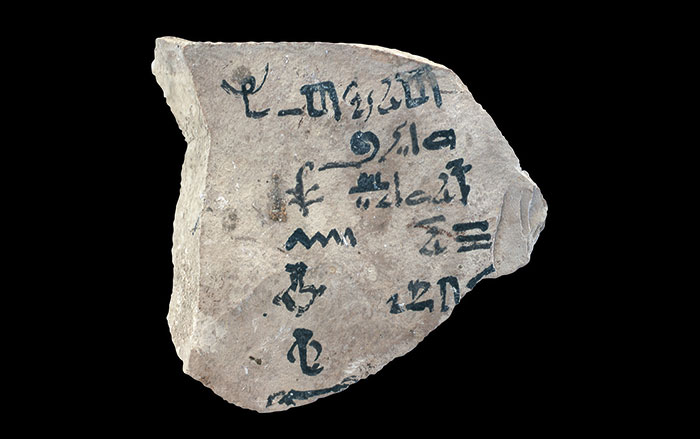 (Courtesy Nigel Strudwick/Cambridge Theban Mission)
(Courtesy Nigel Strudwick/Cambridge Theban Mission)


